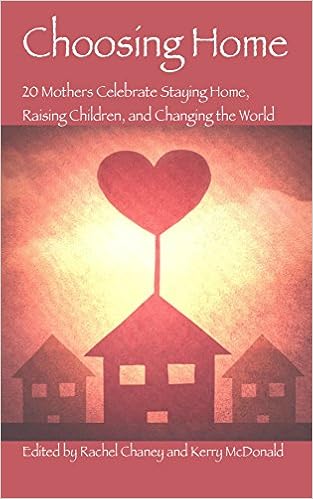 | |
|
"Government schooling is the most radical adventure in history. It kills the family by monopolizing the best times of childhood and by teaching disrespect for home and parents…In 30 years of teaching kids rich and poor I almost never met a learning disabled child; hardly ever met a gifted and talented one either. Like all school categories, these are sacred myths, created by human imagination. They derive from questionable values we never examine because they preserve the temple of schooling." -John Taylor Gatto ("I Quit, I Think." The Wall Street Journal, July 25, 1991).
I write frequently about the origins of our nation's compulsory schooling laws, and how they were enacted in a deliberate attempt to impose conformity and sameness on an increasingly ethnically, culturally, and religiously diverse population. I think it's critical that we understand and acknowledge the anti-immigrant, Puritan roots of American compulsory schooling.
Horace Mann, the acclaimed father of universal public schooling who passed the nation's first compulsory schooling law in Massachusetts in 1852, was disturbed by the influx of Irish immigrants into Boston in the early-19th century. Mann believed these immigrants threatened the cultural and societal norms at the time and needed to be reined-in. As Harvard's Paul Peterson writes about Mann in his book, Saving Schools: From Horace Mann to Virtual Learning (Belknap Press, 2010): "Even worse, most of these newcomers did not believe in the God of the Puritans but confessed to Catholic priests ultimately beholden to their superiors in Rome." (p. 26). Mann's biographer, Jonathan Masserli (Horace Mann: A Biography, Knopf, 1972), explains Mann's focus on creating a conforming, compliant, fully socialized workforce. He writes:
"In other words, Mann proposed to expand the scope of training and schooling, with its potential for control, orderliness, and predictability, so that it would encompass almost all the ends achieved by the far broader process of formal and informal socialization. That in enlarging the European concept of schooling, he might narrow the real parameters of education by enclosing it within the four walls of the public school classroom..." (pp. 443-444).Some people might argue that even if the nineteenth century framework of compulsory schooling was less-than-magnanimous, today's version of schooling is much gentler and more embracing of difference and diversity and originality.
Is it?
If anything, I think today's schooling is worse than its nineteenth-century ancestor. Children go to school at much earlier ages, for much longer portions of their day, and for much more of the year than they did when compulsory schooling laws were first passed. And while institutionalized schooling may give lip-service to the idea of diversity and multiculturalism, the sinister undercurrent of conformity is subtle and pervasive. If a child isn't talking at a certain age in a certain way, he is recommended for intervention. If a child isn't behaving in a "normal" way, he gets a label and, increasingly, a pill. If a child isn't reading by a certain age, he gets an IEP. If a child isn't doing a whole host of things considered "normal" for his peer-group, he is swiftly given a variety of conjured interventions to "help" him to conform to the peer-group norm. If this isn't institutionalizing sameness then I don't know what is.
Why can't we accept human difference? Why can't we marvel at the great diversity of the human experience? Why can't we appreciate that children--people--grow and develop in different ways and on different timetables? Why can't we celebrate each person's individual strengths and unique talents, rather than molding them to fit some arbitrary societal norm?
I think the answer is fear.
Fear was certainly what drove Horace Mann and his nineteenth century colleagues to create a standardized system of compulsory schooling. "Those now pouring in upon us, in masses of thousands upon thousands, are wholly of another kind in morals and intellect," mourned a joint committee of the Massachusetts state legislature regarding the new Boston Irish immigrants (Peterson, 26). Remember, even after Horace Mann passed universal compulsory schooling, his wife Mary continued to homeschool his own three children:
"From a hundred platforms, Mann had lectured that the need for better schools was predicated upon the assumption that parents could no longer be entrusted to perform their traditional roles in moral training and that a more systematic approach within the public school was necessary. Now as a father, he fell back on the educational responsibilities of the family, hoping to make the fireside achieve for his own son what he wanted the schools to accomplish for others" (Masserli, 429).
I think this fear of diversity and difference is what continues to lead us toward conformity, toward sameness, and away from realizing the full capacity of human potential.
Imagine what would happen if we let go of that fear.























No comments:
Post a Comment
Note: Only a member of this blog may post a comment.